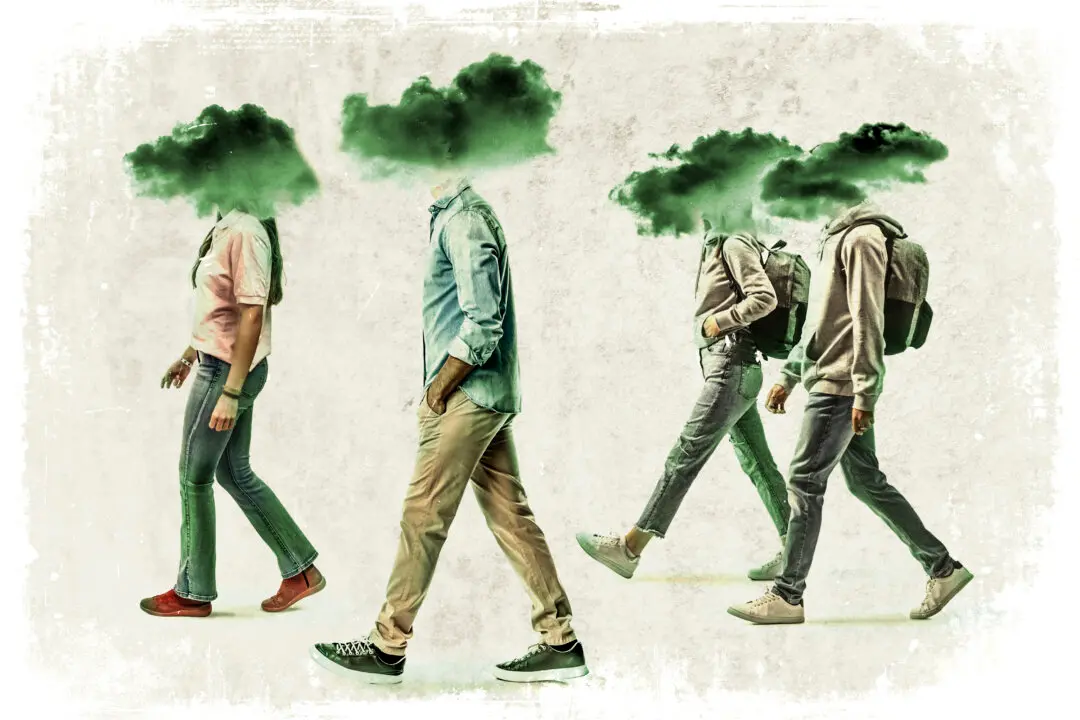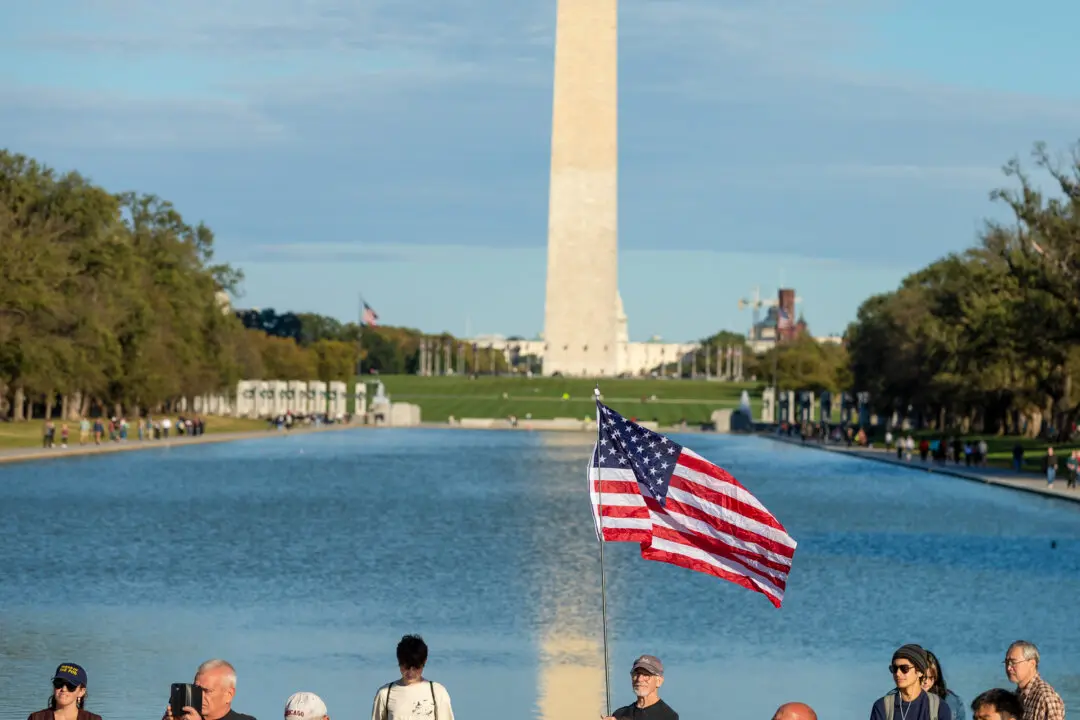Meeting someone new and engaging him in friendly conversation, I explain, “I help run a poetry website.” What follows is a general phenomenon I’ve observed in which the new acquaintance’s eyes instantly lose their look of awareness and brilliance and adopt a glazed-over impassivity that might be summarized as disinterest.
This phenomenon seems logical enough given the kaleidoscopic array of apparently better ways to communicate ideas with words or images, such as online videos, social media, movies, news and magazine articles and opinions, short stories, novels, and comic strips. With all of that, what does poetry have to offer, and why should people today be reading it? Hasn’t poetry been naturally rendered obsolete?
My answer: Not so! Simply put, poetry can make your life wonderful, beautiful, and awesome more fully and effectively than any of the above. “How can that be?” you may be asking. “Poetry is slower, engages fewer senses, often employs obscure knowledge and language, and provides a narrow view into only one person’s feelings.” I'll address the former two issues first.
The aversion to poetry and the feelings of slowness and sensory deprivation that it appears to induce are exactly the symptoms of a sickness of our modern world, where attention spans and senses are constantly being diminished by artificial and commercial pressures to be more stimulating and exciting in our communication. Even old movies from a decade or two ago can seem unexciting and unfulfilling compared to the latest fast-paced blockbuster.
However, if you can force yourself to slow down, quiet your mind, and really read a poem, then your consciousness is gaining what it unwillingly lost. The process is a subtle and subconscious transformation not easily quantified (although I would dare social scientists to try).
Just take a look at the enduring works of early 19th century English writer Jane Austen. What is so charming and delightful about her Romantic novels? In my view, there is a layer of civility and a sense of what is proper that coats everything in her works, so much so that—as in the case of “Pride and Prejudice”—a man may talk with a woman at length and on many occasions yet still be unsure if she is fond of him since they are both acting out such elaborate rituals of kindness and humanity as expected of them by society. Should he propose? Should he spend his time elsewhere? Either way, it seems a splendid experience for all parties involved.
All of the carefully rendered characters are acting in accord with society’s assigned roles for them (with occasional deviation only creating a slight yet engrossing dissonance). It is a simple and appealing way of life. It is also attractive because it is so real. The world was undeniably simpler before industrialization set in, when there was more emphasis on nature, imagination, and intuition. Who wouldn’t like the straightforward world of Jane Austen without leaving the comfort of their televisions or computers?
Thus, after 200 years, Austen continues to instill a sense of wonder and beauty that has led to an endless string of TV miniseries and movies—including, perhaps sadly, “Pride and Prejudice and Zombies,” due out this year. Her works are not poetry and neither is poetry prominently featured, although poetry is occasionally discussed.
It is in the background in her novels and is taken for granted to be a pervasive part of the culture. Instead of movie and music stars, the entertainment superstars of the age were Romantic poets like Sir Walter Scott, William Wordsworth, Lord Byron, John Keats, and Percy Bysshe Shelley.
Being able to slow your mind and senses down to enjoy true poetry is to enter into the charming and delightful mindset of Austen more fully than you can by actually reading her books or watching film adaptations. It is to enter into the grand and elaborate play that is humanity and society, to suddenly open your eyes and realize that you are on a vast stage and playing a role especially and benevolently written for you. How splendid!
I return now to the latter criticisms of poetry in general that I earlier listed: “often employs obscure knowledge and language, and provides a narrow view into only one person’s feelings.” These are very real and valid criticisms as far as poetry today is concerned. Most poetry today is written as if to be intentionally hard to understand and often employs no standard meter or rhyme.
In fact, it is just creative prose being presented as poetry. Such abstruse and now hackneyed poetry essentially disregards the traditions of English poetry that have been laid for the last 1,400 years—traditions which themselves have built on Greek traditions, and more recently Chinese traditions, going back about 3,000 years.
This is why the Society of Classical Poets, which I volunteer at, is collecting modern verse that looks and reads like poetry. It is reviving poetry that is clear and appealing to all of humanity, including people who may not have four years of college and those who could not care less about modern literary analysis.
This authenticity is the real challenge for poets today, and the Society of Classical Poets accepts this confrontation with grace and gusto. In short, real poetry is a wonderful diversion worth tuning your mind to, and what is presented at the Society of Classical Poets is exactly the type of poetry I feel you will enjoy!
Evan Mantyk is an English teacher in New York and president of the Society of Classical Poets (www.classicalpoets.org).






